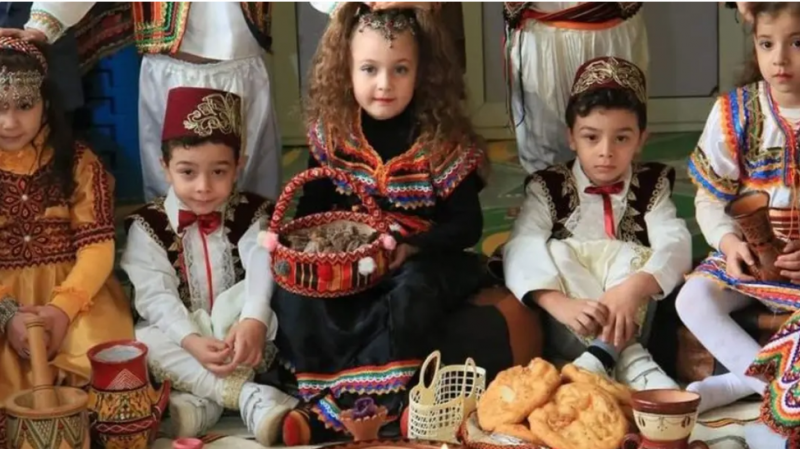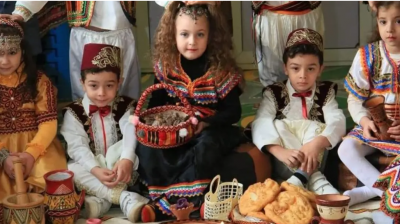Algeria celebrates today, Friday, the Amazigh New Year, known as Yennayer 2974. This Amazigh calendar celebration dates back decades, linked to popular myths in North Africa. The Algerian community showcases various customs and traditions to celebrate this day, which falls on January 12 each year. It is a public holiday established by authorities in 2018 after Amazigh was recognized as an official language in the current constitution.
Historians state that the celebration of the Amazigh New Year also commemorates the victory of the Amazigh led by King Sheshonq over the Pharaohs led by Ramses III in a battle that took place on the banks of the Nile in the year 950 BC. This battle marked the beginning of King Sheshonq's rule over the 22nd and 23rd dynasties of the Pharaohs, although this narrative is disputed.
The origins of the Amazigh New Year celebration have varied throughout history. One legend tells of an old woman who dared to take her goat out to graze in the cold days of January, angering nature, which responded with harsher cold as a form of punishment. Another symbolic story emphasizes that celebrating in January promotes the importance of coexisting with nature and being patient with its harsh conditions, including severe cold and its impact on agriculture and plants, until the end of winter and the arrival of spring to enjoy the sunlight.
Celebrations for the Amazigh New Year include various cultural activities, most of which are related to agriculture and farming seasons.




